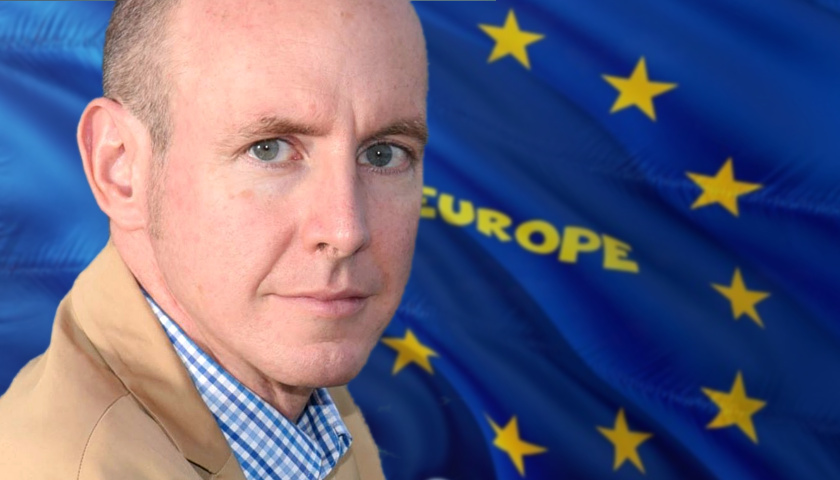by Rev. Ben Johnson
Two paths confront someone faced with an unwanted reality: reform or denial. With a report set to expose persistently high levels of corruption among its member states, the EU chose the latter option, its critics say.
EU member states, programs, practices, institutions, and leaders stand accused of everything from bribery to larceny, from rigging the bidding process to influence peddling. Years ago, the EU committed to report on, and reform, such practices.
Instead, the EU chose to scupper the report.
“In 2014 the European Commission committed itself to take action against corruption by publishing the first EU Anti-Corruption report. However, only two years later the Commission scrapped the report,” the anti-corruption NGO Transparency International has noted.
The Commission began issuing its own recommendations member states; however, Transparency International warns their focus is “narrow” and their reforms “do not show any additional ambition on anti-corruption.”
“As the current draft recommendations for 2018 show, the European Commission has again not live up to its promises on making anti-corruption a high priority issue,” the group stated.
The hypocrisy was not lost on some within the supranational structure itself.
“The fact that the Commission discontinued its own anti-corruption report on itself shows how seriously they take this issue,” David Coburn, a UKIP MEP for Scotland, said in Strasbourg on Thursday. “However, even then the report did not include corruption in EU institutions.”
One principled critic exposed the political, structural, and spiritual root causes of the corruption before his fellow MEPs.
“Why do we have all of this fraud in EU institutions?” asked Daniel Hannan, MEP for South East England and founder of The Conservative, earlier this week. “Is it that Brussels attracts particularly bad people?”
In the video below, he gives the answer – which is linked to the fall of mankind in the Garden of Eden – in a way that uniquely echoes Lord Acton himself.
– – –
Rev. Ben Johnson is Senior Editor at the Acton Institute.




